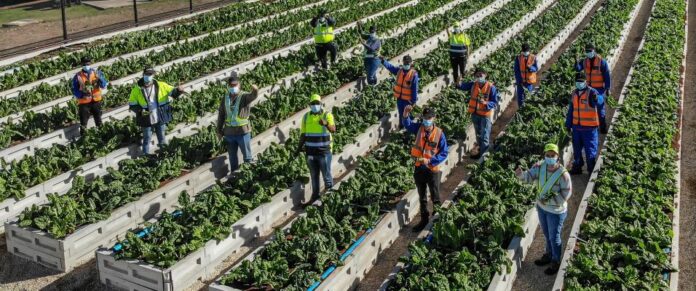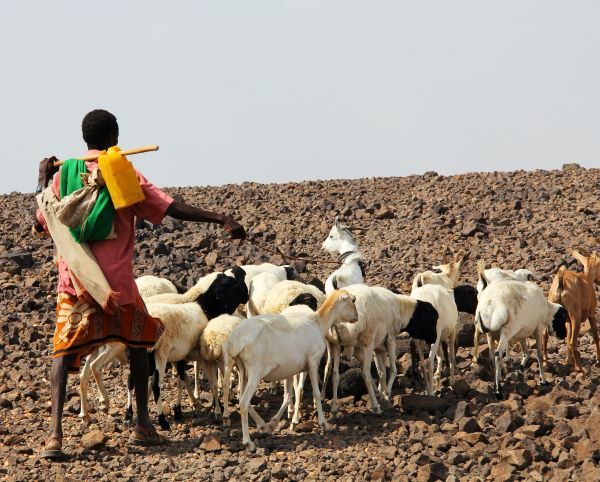Water preservation and management has never been more important and with World Water Week running between 20-24 August, the South African Breweries (SAB)
looks at what more it can do as a brewery that relies heavily on water to produce it’s beer.
Zoleka Lisa, VP Corporate Affairs at SAB explains, “The theme for this year’s World Water Week is ‘Seeds of Change: Innovative Solutions for a Water-Wise World’ and it invites individuals and corporates like us to rethink how we manage water. SAB is proud to share some of the innovative work done in water stressed areas such as George and Gqheberha and the strides we have made to conserve water.”
The Hops Valley
The Hops Valley is the only area in Africa where hops is grown and is under threat due to invasive trees draining the water supply and leaving communities and farmers vulnerable. At the front lines of the war against alien plants is SAB’s implementation partner, Rozanne Steyn. “Our project in Waboomskraal and Herold is situated outside George, and lies at the foot of The Outeniqua mountains, where two rivers merge supporting the karoo town, Oudtshoorn. These rivers are highly infested with invasive plant species, which sap up to 60% more water than our natural vegetation. These plant species do not have natural enemies which can control them.” The environmental project in the valley is led by RS Environmental Services who is the implementing partner under the decade-long partnership between WWF-SA and SAB to ensure watershed security, headed up by Steyn.
The Hops Valley project is a small operational team – between 10 and 12 people, who have worked tirelessly for the past 10 years to bring invasive plant species under control. Today, these efforts have saved an estimated eleven billion litres of water per year, as long as these areas remain cleared. These efforts not only provide people with food security by protecting the farmers, but they ensure water resources are used effectively and are being preserved. “Water is life for our people and for the beautiful indigenous nature that surrounds us. We need to do everything we can to protect it,” add Steyn.
The initiative goes far beyond just offering employment opportunities to 32 local community members; it also imparts new skills through training and education, thereby positively impacting a minimum of 40 households for six to eight months annually and extends to informal, seasonal workers too.
Imfino – isiZulu for Spinach 
Another project that has saving water at its core is Imfino that broke ground in 2021. Located at the SAB Ibhayi Brewery in the Eastern Cape, the project developed a commercial 2000m2 drip irrigation system, that supports a local business to sustainably grow spinach in raised beds.
Project lead, Dr Richard Taylor says, “Imfino produces between 4 – 6 tons of spinach a month and the farm works six days a week selling 500 products each day. We’ve really pushed the boundaries in terms of maximising crop production – we have an intensive farming approach, and each plant is meticulously looked after to ensure its optimal growth and yield.”
The project embodies the essence of community empowerment including job creation, skill development, and a CSI element supplying spinach to a local nursery school that provides a nurturing home to orphaned children. In this way, the project goes beyond its primary objectives and makes a meaningful impact on community members.
Lisa concludes, “It is through projects such as these that the people of SAB are able to show just how much the environment matters to us – with the awareness that our actions hold the power to shape tomorrow.









